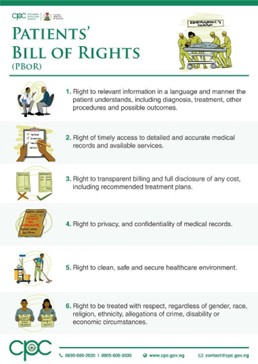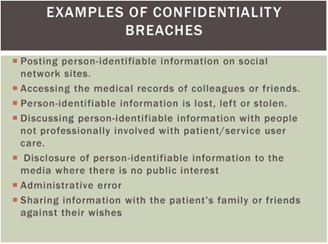A long-term goal for in patient mental health treatment is generally to:
Be completely cured of the disorder.
Locate a facility for long term care.
Be arrested and placed in prison.
Return the patient to the community.
The Correct Answer is D
The ultimate goal of inpatient mental health treatment is to help patients stabilize and manage their mental illness to the point where they can safely return to their homes and communities. Inpatient treatment is typically only used for short periods of time to stabilize a patient who is experiencing severe symptoms that cannot be managed on an outpatient basis. Once the patient is stabilized, they can be discharged and transitioned to an outpatient treatment program or a community mental health centre.
While some mental illnesses may be curable, many are chronic conditions that require ongoing management and treatment.
Finding a facility for long-term care may be appropriate in some cases, but it is not generally a goal of inpatient mental health treatment.
Being arrested and placed in prison is not a desirable outcome of mental health treatment and is not a goal of the treatment process.
Nursing Test Bank
Naxlex Comprehensive Predictor Exams
Related Questions
Correct Answer is C
Explanation
The Patients’ bill of rights is a set of rules that protect patients and ensure that they are treated with dignity, respect, and autonomy. It describes the rights that patients have when they receive medical care and treatment. The Patients’ bill of rights was created to protect patients who are vulnerable and may not have the ability or resources to advocate for themselves.
The Doctrine of privileged information refers to the legal concept that certain information shared between a patient and healthcare provider is confidential and cannot be disclosed without the patient’s consent.
Collaborative practice refers to the coordinated efforts of healthcare professionals from different disciplines working together to provide comprehensive and high-quality patient care.
The Nurse practice act is a set of laws that govern the practice of nursing in a specific state or jurisdiction. It outlines the scope of nursing practice and the responsibilities and obligations of nurses.

Correct Answer is A
Explanation
Breach of confidentiality occurs when private and sensitive information is disclosed to others without the client's consent. In this scenario, the co-workers are discussing a client's mental health condition in a public place where their conversation can be overheard by others. This is a violation of the client's right to privacy and confidentiality.
The co-workers could be held liable for breaching the client's confidentiality and may face disciplinary action or legal consequences. It is important for healthcare providers to maintain confidentiality to protect their clients' privacy and trust.

Whether you are a student looking to ace your exams or a practicing nurse seeking to enhance your expertise , our nursing education contents will empower you with the confidence and competence to make a difference in the lives of patients and become a respected leader in the healthcare field.
Visit Naxlex, invest in your future and unlock endless possibilities with our unparalleled nursing education contents today
Report Wrong Answer on the Current Question
Do you disagree with the answer? If yes, what is your expected answer? Explain.
Kindly be descriptive with the issue you are facing.
